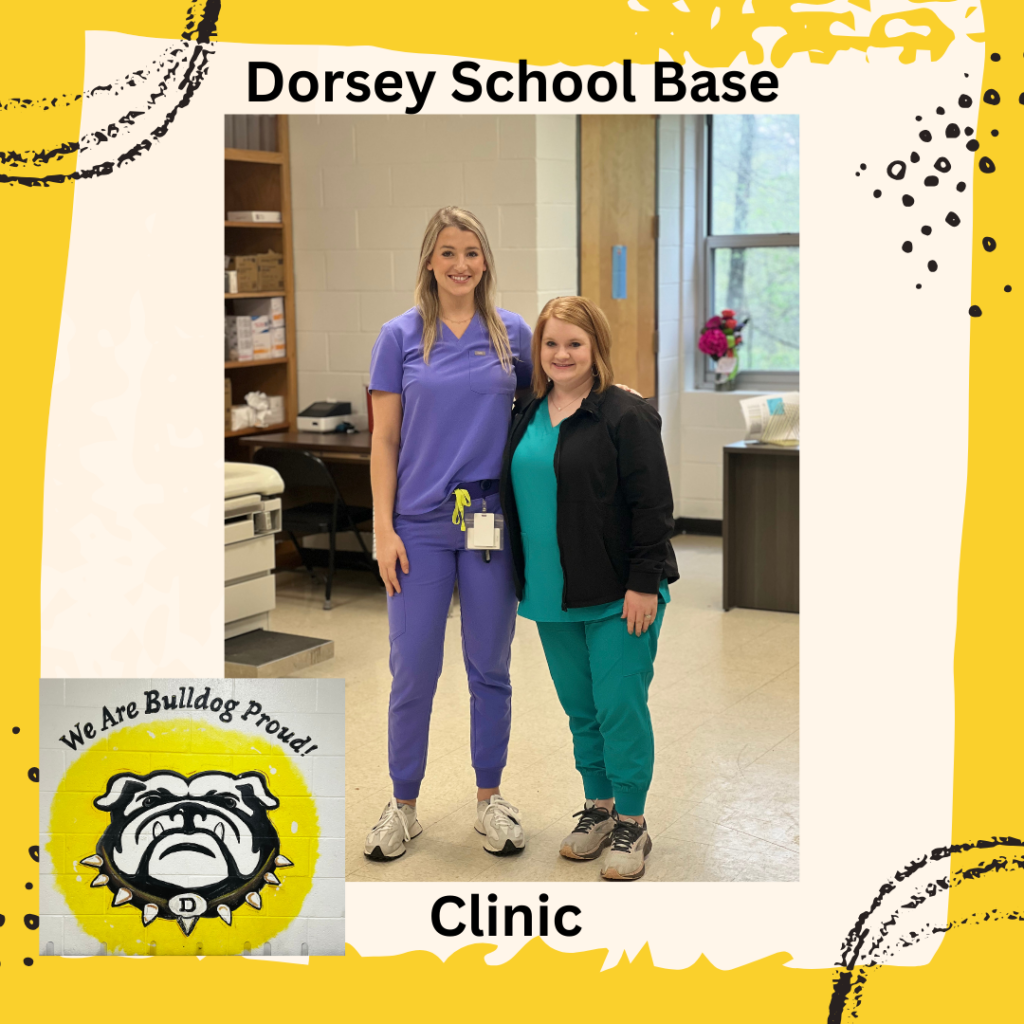
According to the National Institute of Alcohol Abuse and Alcoholism (NIAAA), in 2019, more than 25 percent of adults aged 18 and older admitted to binge drinking in the last month before being surveyed. That’s a frightening statistic, and what’s equally alarming is the 6.3 percent of adults over 18 who admitted to heavy alcohol use in the past month. Today, we’re looking at signs you may have a drinking problem.
What is “alcohol culture”?
Although these numbers are high, they’re not exactly surprising. Today, “alcohol culture” is a buzz term that most adults don’t take seriously. Alcohol culture refers to the set of traditions and social behaviors that surround the consumption of alcohol. Alcohol use is more accepted now than ever before.
Social drinking–casual drinking in a social setting without the intention of getting drunk–has contributed to the rise of alcohol culture in America. With contributing factors like happy hours at popular bars, many people are socially drinking every day. This daily use of alcohol can quickly spiral out of control and soon a social drink turns into stopping by the liquor or beer store after work for drinks to take home. Next thing you know, you’re skipping happy hour altogether to go home and drink alone, or your happy hour turns into a full night at the bar with the bartender taking your last drink away so you’ll go home.
Signs You May Have a Drinking Problem
The following questions are used by medical providers to determine if you have alcohol use disorder. You could have a problem even if you only identify with one or two symptoms. Alcohol use disorder ranges from mild (two to three drinks per day) to severe (more than six drinks daily). Dysphoria, malaise, and feeling low are all possible symptoms of alcohol use disorder. In addition to these symptoms, you may have alcohol use disorder if you say yes to one or more of these questions. Have you:
- Experienced times when you drank more or longer than you intended?
- Tried to cut down on drinking more than once but were unsuccessful?
- Spent a lot of time being sick or hungover from drinking?
- Wanted a drink so badly that you couldn’t think of anything else?
- Found that drinking often interferes with your home or family life, or even work or school obligations?
- Continued drinking even though it is affecting your mental and/or physical health?
- Experienced withdrawal symptoms after the alcohol have worn off, such as trouble sleeping, shakiness, nausea, a racing heart, or hallucinations?
If you’ve answered yes to any of these questions, it’s time to talk with your healthcare provider about getting help. You should know that people who have been drinking alcohol heavily for a long period of time are at risk of experiencing severe and even life-threatening withdrawal symptoms. This is why you should seek medical help to aid in a safe recovery. Your provider can prescribe medication that will ease severe withdrawal symptoms, and they can monitor your recovery.
The takeaway: Alcohol culture encourages people to drink. But if you have trouble staying within the limits of social drinking or can’t say no to a drink, you could be at risk for alcohol use disorder. Mantachie Rural Health Care has professionals that can help you recover from alcohol use disorder. Contact us for help today at 662-282-4226 or visit www.mantachieclinic.org/contact-us.



